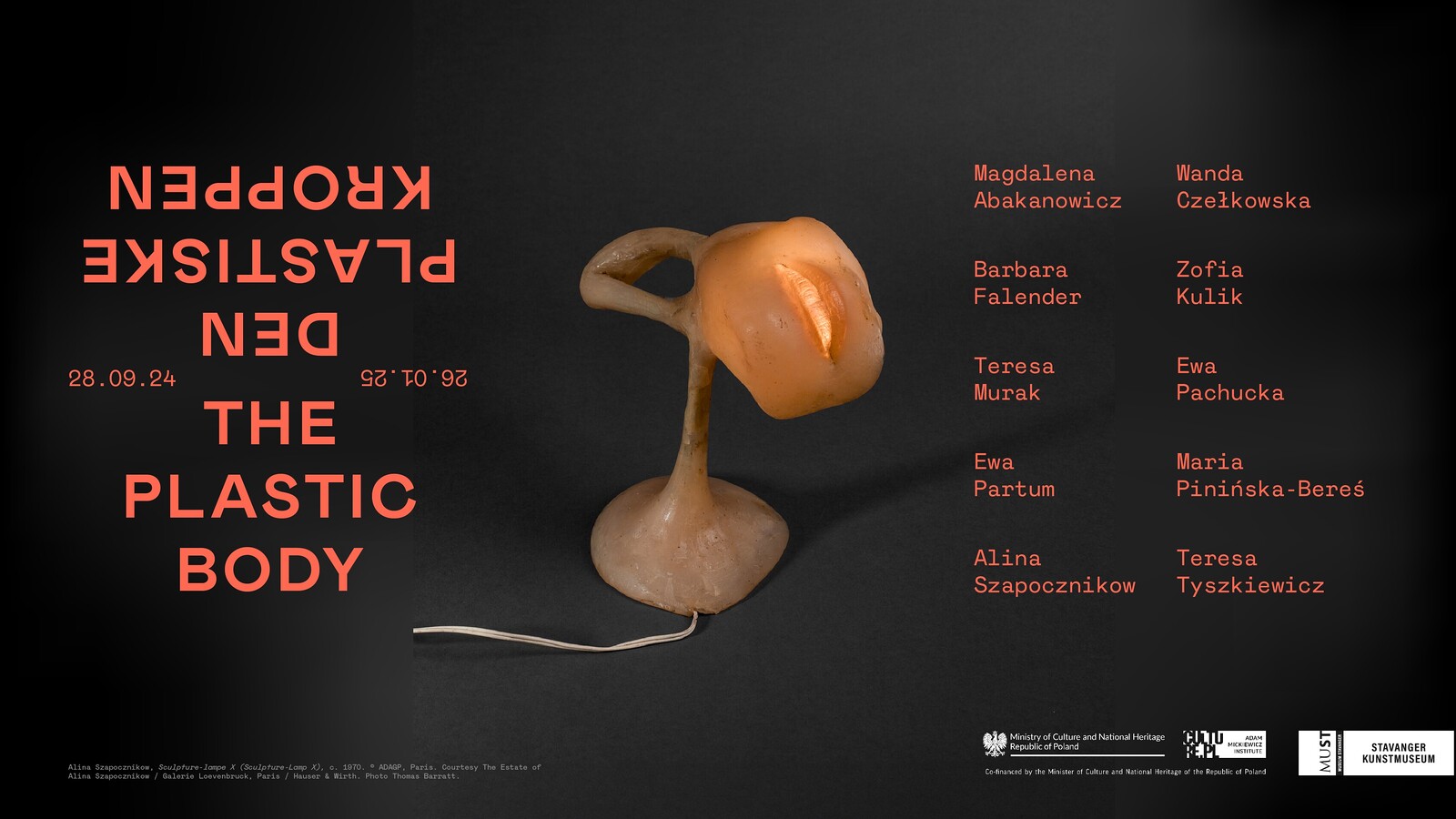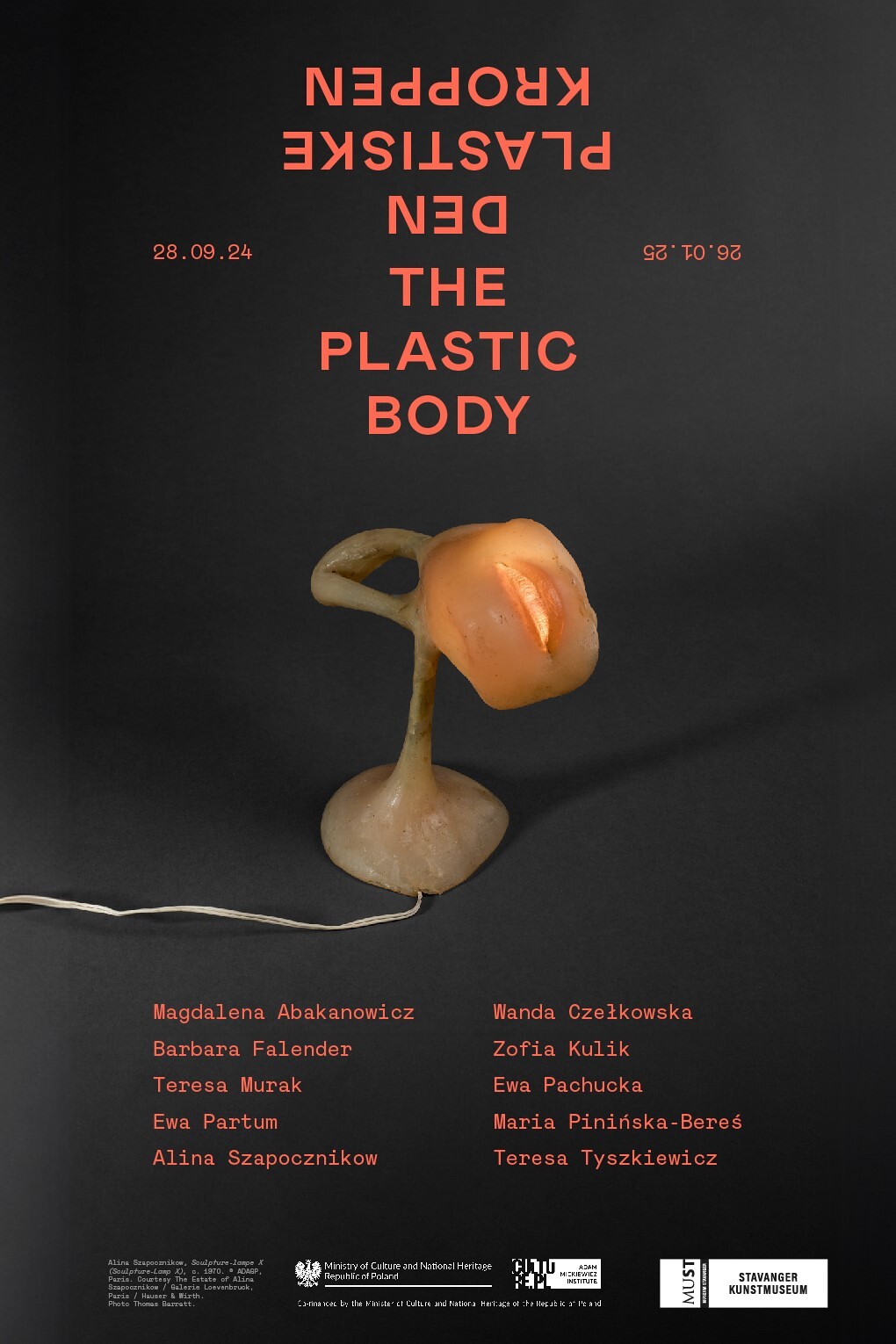Summer 2008
In this issue of Artforum: “Rites of Silence.” Pointing to the context for artmaking now is inevitably attended by the risk of merely mimicking critical gestures of the past. How might contemporary artists and critics best extrapolate from yesterday’s discursive tussles, at a moment when the notion of criticality in art is in question? With this in mind, critic and art historian Johanna Burton examines the work of Wade Guyton, suggesting that the artist’s canvases display the unique capacity to create meaning in art during an era when such significance is ever more elusive.
“If one wonders what avenues the artist has left open for himself while looking at Guyton’s numerous iterations of the high-culture sign for ‘That’s all, folks,’ it is worth considering how his career has proceeded by way of such impasses, with such seeming foreclosures levied to hold open future possibilities.”
—Johanna Burton
Also: Artist Andrea Fraser considers Michael Asher’s recent exhibition at the Santa Monica Museum of Art—for which he presented a labyrinthine “retrospective” of the museum’s past decade of exhibitions, reconstructing the supporting studs of all the temporary walls that had been built in the space’s main gallery since 1998—and argues that the true significance of this pivotal figure for institutional critique has perhaps been
grossly misunderstood.
“Asher’s innovation is that he constituted as the object of art the conditions and relations of artistic production itself: not only the positions artists manifest within the frame of their aesthetic systems but the very positions they occupy within the field of art and the economic conditions and social relations that produce those positions.” —Andrea Fraser
Plus: With the recent passing of French novelist Alain Robbe-Grillet—progenitor of the nouveau roman—the world of postmodern literature lost one of its first (and last) great innovators. In this issue, scholars Tom Bishop and Denis Hollier, authors Catherine Millet and Tom McCarthy, and artist Lawrence Weiner, among others, examine the work of this seminal figure, whose influence extended irrevocably into the realms of theory, film, and art, and whose final legacy in life remains perhaps as enigmatic as the kaleidoscopic narratives he constructed on the page and on the screen.
“Robbe-Grillet refused the essentialism of ‘meaning’ in favor of subjective and shifting realities, in defense of a novel that does not chronicle reality but creates its own, self-reflexive reality. ‘The world is neither significant nor absurd,’ he famously wrote. ‘It is, quite simply.’” ––Tom Bishop
“The ironic lens through which he viewed the world certainly allowed him to see that things and events have the potential to be reassembled in another order, that they can lead to a different ending, just as in his books. He believed this through and through, for, on the eve of his death, in his hospital bed, he asked for a bottle of Bordeaux.” —Catherine Millet
And: Art historian and critic Hal Foster probes artist Richard Hamilton’s survey show at Inverleith House, Edinburgh, on view this summer, and finds an often overlooked polemical aspect.
“Richard Hamilton is concerned with capturing less the political event than its mediation—how it is produced for us precisely as an image—and it is this mediation that he both elaborates and exposes.” —Hal Foster
Plus: Achim Höchdorfer speaks with Austrian painter Maria Lassnig on the occasion of her retrospective at the Serpentine in London; Anne Wagner reviews Olafur Eliasson’s major survey at New York’s Museum of Modern Art and P.S. 1 Contemporary Art Center; Elizabeth Schambelan feels America’s belt-tightening in this year’s Whitney Biennial; T. J. Demos investigates Hito Steyerl’s treatment of global media and documentary; Amy Taubin looks at avant-garde filmmaker Ken Jacobs’s old work in digital; Howard Singerman considers Sherrie Levine’s foray into opera with The Mother of Us All; Sean Keller assesses the ambitious architecture of the Beijing Olympics; Jessica Morgan reports on Wolfgang Tillmans’s gallery Between Bridges and on other alternative spaces; Nikki Columbus travels to Beirut to attend the week-long Home Works forum; Jonathan Crary considers J. M. W. Turner’s current traveling retrospective; Deborah Solomon speaks with critic Peter Schjeldahl; and composer Nico Muhly lists his Top Ten.
Visit Artforum online at www.artforum.com
To subscribe, visit www.artforum.com/subscribe
Visit artguide—Artforum’s free directory of the international art world, listing art fairs, auctions, and current gallery and museum shows in more than four hundred cities—at www.artforum.com/guide


